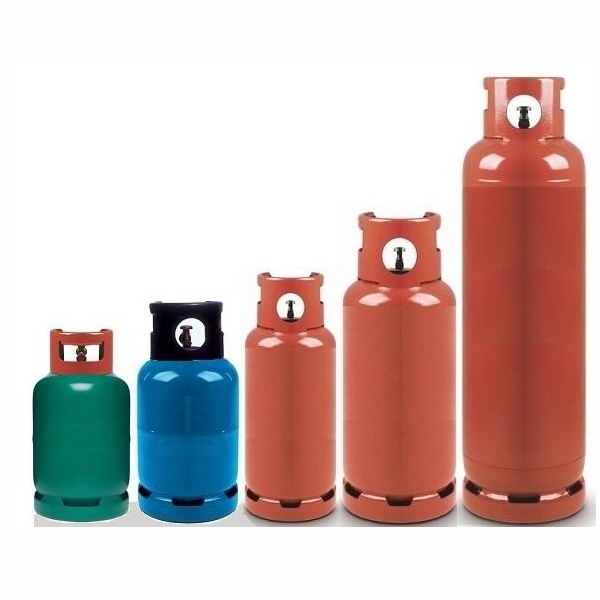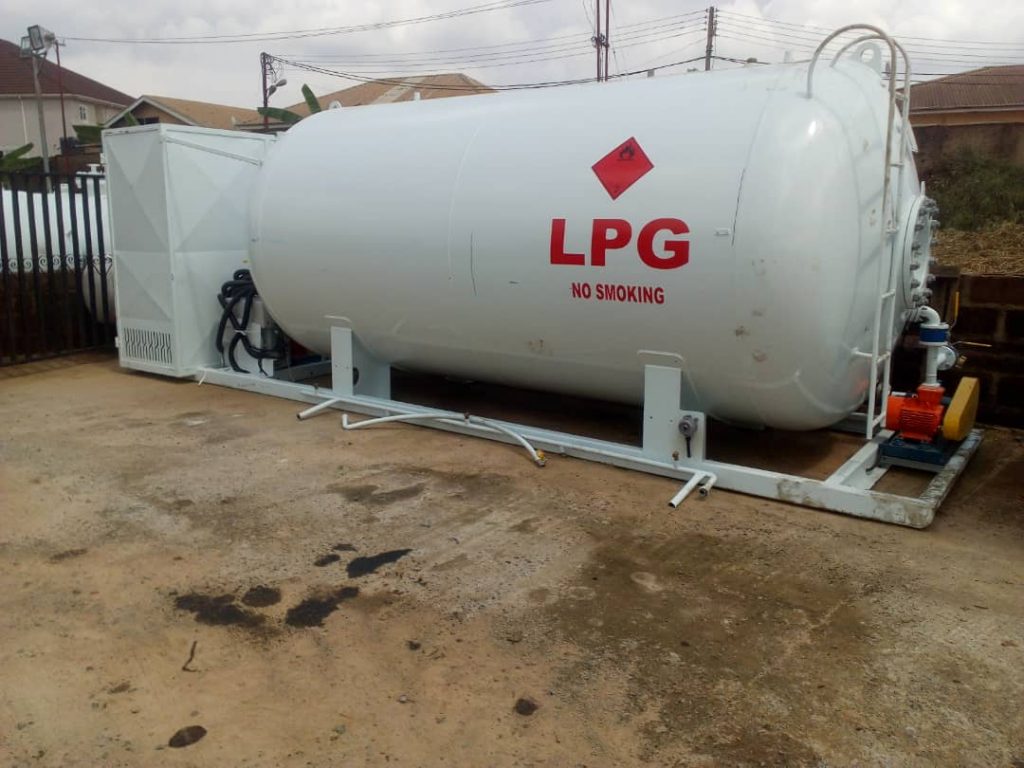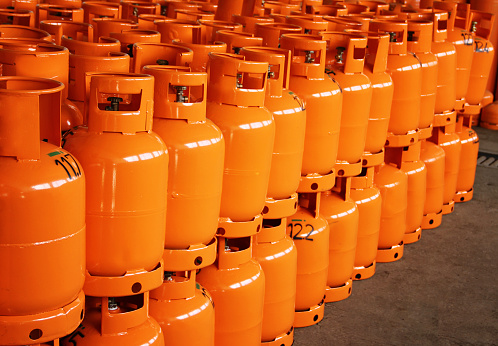Nigeria is eyeing at least $2 billion in the short-term, and $9 billion in the long-term from the rollout of a new fiscal policy it has initiated for her oil and gas industry, the Minister of State for Petroleum Resources, Dr. Ibe Kachikwu, has disclosed.
Kachikwu, in his monthly podcast for the period of November which was released within the week in Abuja, stated that the government would rollout the new fiscal policies shortly for use in the industry. He added that the Federal Executive Council (FEC) was on the verge of approving the policy and its rollout. He however did not give out details of the policy.
He also said that once FEC approves the new fiscal policies, it would transmit same to the National Assembly to give it the required legislative backing that it deserves.
“As we get towards the end of this year, we are running towards a finished line with batons. A few things still need to be delivered, some of the policies that we enunciated – petroleum policy, the gas policy. We need to begin to bring out regulations to be able to push those.
“We are going to be rolling out our fiscal policies which are now waiting for FEC approvals. These fiscal policies will expand income in the short-term over $2 billion a year to the federal government but on a long-term over $9 billion. So, very major movement and obviously on the back of that, we will be working with the assembly to then transmit that into legislative provisions,” said Kachikwu.
He said government had also ensured that the oil industry operated transparently in the last one year, but that there was still a lot to be done to keep the sector completely transparent and accountable.
According to him: “We delivered an open NNPC, we basically opened up our books, we published and tried to be as transparent as we can, but a lot of works still needs to be done there, but for the first time we delivered the kind of NNPC that has never been the sort of NNPC that you used to know.”
The National Assembly, he noted, has been working on getting the entire aspects of the Petroleum Industry Governance Bill (PIGB) passed into law. This, he explained, would need the support of the executive arm of government to get it functional for the stability of the oil industry.The minister further explained that in the runoff to the end of the year, Nigeria would continue to push her target to produce 2.2 million barrels per day (mbpd) of oil, but subject to its commitment to the production cap that exists between member countries of the Organisation of Petroleum Exporting Countries (OPEC) and non-OPEC countries led by the Russian Federation.
He equally disclosed that he would this week revive negotiations with stakeholders in the Niger Delta, which had somewhat gone stale, to firm up commitments to peaceful production of oil from the region.
“Deepening the Niger Delta engagements: Next week, I am going back there to talk to the governors of the region, the oil companies, to put a seal to some of the agreements we have made – MoUs that all of us can work with, in that way, there is faith in what the vice president has said in his statements,” Kachikwu, stated.
However, his resort to revive negotiations with stakeholders in the Niger Delta came at a time a militant group – the Niger Delta Avengers, said it was calling off the ceasefire it declared on vandalism of oil facilities in the region because of what it said was the government’s non-committal attitude to negotiations with the region.
The group which in 2015 destroyed oil installations in the region and downed Nigeria’s oil production to an average of 1.1mbd, stated in a statement posted on its website on Friday afternoon that it would resume hostilities.
It said the Buhari administration had not been sincere with its peace talks and promises to the Niger Delta. Since its ceasefire, the militants have not carried out any major attack on oil facilities this year.
Meanwhile, member countries of OPEC and their allies who had initiated a production cap agreement to shore up prices of oil in the international market, may be wary of the recent upwards movement in prices of oil which they fear could spur shale oil producers back into production.
On Thursday, oil prices edged up, and steadied near two-year highs. According to Reuters, Brent crude settled at $60.62 per barrel with an upbeat market outlook.
Accordingly, the OPEC-led supply cuts continued to tighten the market and drain inventories that led to supply gluts and price crash in 2015.
To buttress this development, Reuters quoted Saudi Arabian Energy Minister, Khalid al-Falih, to have said that supply and demand balances were tightening and oil inventories falling, while compliance with the OPEC-led pact to curb supplies had been excellent.
However, a highly placed OPEC source told THISDAY at the weekend in Abuja that despite the encouraging price rise, and compliance to the output cuts, member countries were cautiously watching the market against potential forceful return of shale producers on the back of the price rise.
The source stated that the upcoming November 30 meeting of the group in Vienna would ordinarily afford the group an enlarged opportunity to assess the market and its interventions, but more importantly, the threats that shale producers pose to the market as prices shore up.
“Yes, it (price) is a good movement, but then it is beginning to look like a challenge to OPEC and its allies because at $50 per barrel, shale producers would be on the fringes to come back. Now going above that band, we may begin to see them take investment decisions, and this is not good for OPEC,” said the source.
He further explained: “OPEC, I think could loosen up the market a bit to at some level moderate this price rise. I’m not sure there is a price band the group wants to adopt but I’m sure we want to keep prices good for us and not very encouraging for shale producers who do not require a lot of time to make investment decisions and get bank facilities to get back more oil into the market.”
According to the source, whatever decision the group takes either to go slow on its market tightening or hold fast to it, Nigeria would be fine and still within a good compliance threshold in the freeze agreement they reached. Already, Nigeria has committed to cap its production at 1.8mbd.




